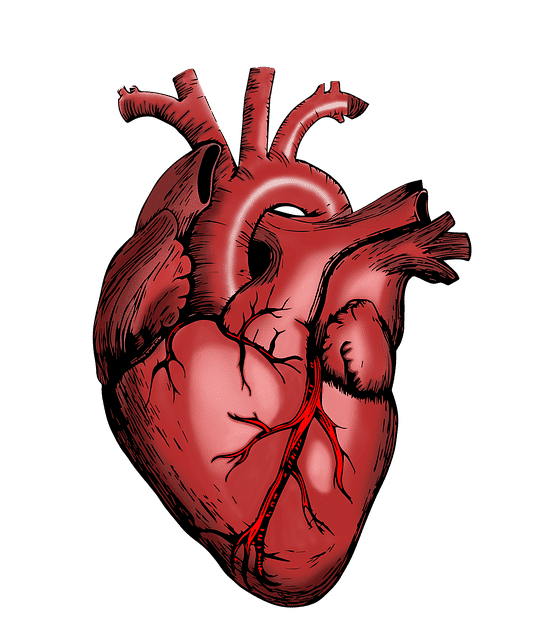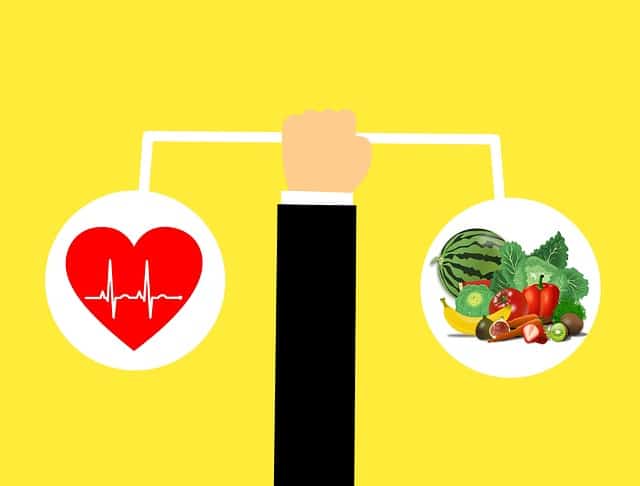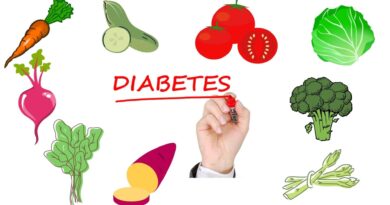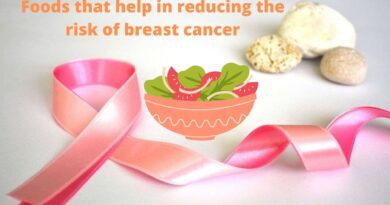Heart Attack At A Young Age
A heart attack at a young age can be caused by several factors, including genetics, unhealthy lifestyle habits, and certain medical conditions. Risk factors include smoking, high blood pressure, high cholesterol, obesity, diabetes, and a family history of heart disease. Additionally, certain medical conditions such as hypertension, congenital heart disease, and inflammatory conditions can increase the risk of a heart attack at a young age.
Heart Attack At A Young Age
A heart attack, also known as a myocardial infarction, occurs when blood flow to the heart is blocked. This can be caused by a buildup of plaque in the coronary arteries, which can lead to a blood clot. Risk factors for a heart attack at a young age include smoking, high blood pressure, high cholesterol, obesity, and a family history of heart disease. Other possible causes include certain viral or bacterial infections, the use of certain medications, and stress.. In some cases, the cause of a heart attack in a young person may not be known. It’s always important to consult with a doctor about any concerns you may have about your risk for a heart attack.

Signs of a Heart attack
The signs of a heart attack can vary from person to person, but some common symptoms include:
Chest pain or discomfort: This may feel like a squeezing, pressure, or pain in the center or left side of the chest.
Discomfort or pain in other parts of the body: This may include pain or discomfort in the arms, jaw, neck, back, or stomach.
Shortness of breath: This may be accompanied by chest pain or discomfort.
Other symptoms:
These may include breaking out in a cold sweat, nausea, or light-headedness.
It’s important to note that not all heart attacks begin with the classic symptoms of chest pain and shortness of breath. Some heart attacks may have only mild symptoms or no symptoms at all, particularly in women or older adults.
If you suspect you or someone else is having a heart attack, it’s important to seek emergency medical attention immediately by calling 911 or your emergency number.
How to prevent a heart attack at a young age?
There are several steps that can be taken to prevent a heart attack at a young age:
Maintain a healthy lifestyle: This includes eating a diet that is low in saturated and trans fats, high in fruits and vegetables, and getting regular physical activity.
Maintain a healthy weight: Being overweight or obese increases the risk of heart disease.
Don’t smoke: Smoking is a major risk factor for heart disease, and quitting can greatly reduce this risk.
Control high blood pressure and cholesterol: High blood pressure and cholesterol levels can damage the blood vessels and increase the risk of heart disease.
Manage stress: Chronic stress can increase the risk of heart disease. Finding healthy ways to manage stress, such as through exercise, meditation, or therapy, can help lower this risk.
Regular check-ups: Regular check-ups with a healthcare professional can help identify and manage any potential risk factors for heart disease.
Genetics: If you have a family history of heart disease, you may be at a higher risk for developing heart disease at a young age. It’s important to have a conversation with your healthcare provider about your family history and any potential genetic risk factors.
It’s important to note that not all heart attacks can be prevented, but taking steps to reduce your risk factors can help lower your chances of having a heart attack.

Foods good for healthy heart
There are several foods that are considered to be good for heart health:
Oily fish: Fish such as salmon, tuna, mackerel and sardines are high in omega-3 fatty acids which can help lower the risk of heart disease by reducing inflammation, improving blood cholesterol levels, and helping to prevent the formation of blood clots.
Berries: Berries such as blueberries, strawberries, and raspberries are high in antioxidants which can help reduce inflammation and improve heart health.
Whole grains: Whole grains such as oats, brown rice, and quinoa are high in fiber, vitamins, and minerals which can help lower the risk of heart disease.
Nuts and seeds: Nuts and seeds such as almonds, walnuts, and flaxseed are a good source of healthy fats and fiber which can help reduce cholesterol levels and improve heart health.
Leafy greens: Leafy greens such as spinach, kale, and collard greens are high in vitamins, minerals and antioxidants which can help lower the risk of heart disease.
Olive oil: Extra virgin olive oil is a good source of healthy fats and antioxidants which can help lower inflammation and improve heart health.
Legumes: Legumes such as beans, lentils, and chickpeas are high in fiber and protein, and are a good source of plant-based protein, which can help lower the risk of heart disease.
It’s important to remember that a healthy diet is one that is balanced and varied, and it’s important to consult with a healthcare professional or a registered dietitian for personalized advice.
Read also :
- 12 Ways To Manage Depression Without Medication
- 7 Ways To Overcome Laziness To Exercise
- 7 Habits That Drain Your Energy
- 8 Foods That Increase the Risks of Heart Attacks
- 7 Healthy Tips for Teenagers
- What is Granola? Is Granola Healthy?
- Red clover and its medicinal properties
- 7 Home Remedies To Relieve Constipation Naturally
- 5 Easy Ways to Control Overeating Desire
- Heart Attack At A Young Age





